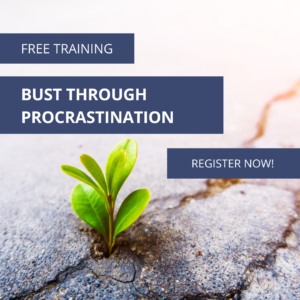Listen, sun protection is really important. Mark Zuckerberg recently got a lot of attention, and instantly became a meme, when he was photographed with a comically thick layer of white sunscreen on his face. The Internet laughed, but surely his dermatologist was proud.
More interesting to me is that he was photographed while surfboarding on a Hawaiian vacation. The Facebook creator and CEO is constantly busy and deals with extraordinary pressure every day. And yet, even in the midst of the pandemic, he took enough downtime to put work aside and try some surfing.
The beautiful thing about downtime is that your passions can drive how you spend it. Almost everyone—no matter how busy—can carve out some of this time. Alexandria Ocasio-Cortez apparently tends to a rooftop community garden plot when she’s not fulfilling her congressional duties.
For you, downtime might mean:
- Time to read
- Practice yoga
- Work on puzzles
- Play with your dog
- Ride a horse
- Swim
- Talk to a friend
- Or whatever else feels really restorative and joyful for you.
Downtime Is Good for Time Management
What I know is that downtime is an absolutely essential component of good time management. On the surface that could seem paradoxical.
Downtime is, by its nature, time away from work. It’s time when you’re unplugged as much as possible. Those are hours that you could be producing something for work and are instead choosing to do something else.
We’re not machines, and burnout is a constant threat. As Americans, and as entrepreneurs and busy professionals, being constantly on the go is often seen as a necessary part of succeeding. Add to that the extraordinary pressures triggered by the pandemic, and it’s no wonder that so many people are reaching a breaking point right now. They’re exhausted and anxious. Those are terrible conditions for productivity. Downtime literally gives your brain a rest, so you can dive in more deeply and with greater focus when you go back to work.
Research confirms its importance, but we all have anecdotal evidence about the value of downtime. We’re not talking about weeklong vacations, either. Was there a time when you played hooky from work for a day, or even half a day, and did something just for fun? Even that short little break probably helped you recharge so you were more ready to focus the next time you needed to.
In any case—I suspect that convincing you downtime is valuable isn’t the problem. I’m guessing you know that downtime would be good for you, and that you might need more of it than you’re getting. Right now, you might be so overwhelmed that you feel like you’re lucky to get a few minutes of downtime per day.
The question is simply: How do you make the time for downtime?
Like so many other discussions we have around time management, the answer really comes down to planning. Poor planning is at the heart of so many time management challenges. You can be relaxed and spontaneous once you’re in that downtime window, but first you have to get really clear about when it’s going to happen. That means deciding that downtime is a real priority for you. Enough so that you’re committed to scheduling it, even if something else has to drop off your to-do list to make space.
Planning and prioritizing are two of the time management challenges that my clients struggle with the most. Mastering these skills paves the way for achieving whatever goals you’ve set for yourself. My Time Matters Boot Camp 90-Day Virtual Program will help you get there. I’ll coach you through the steps to developing your own time management system that will work for your brain and your life.
We start August 3rd, click here for more information and to register.
I hope you’ll take the downtime you need this summer, and in the months to come. Giving yourself that space lets you create the balance you crave, focusing productively while you’re at work so you can fully enjoy the rest of your time.
Gratefully,
Sarah



